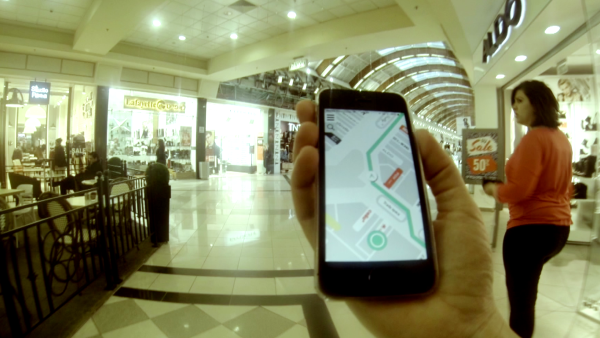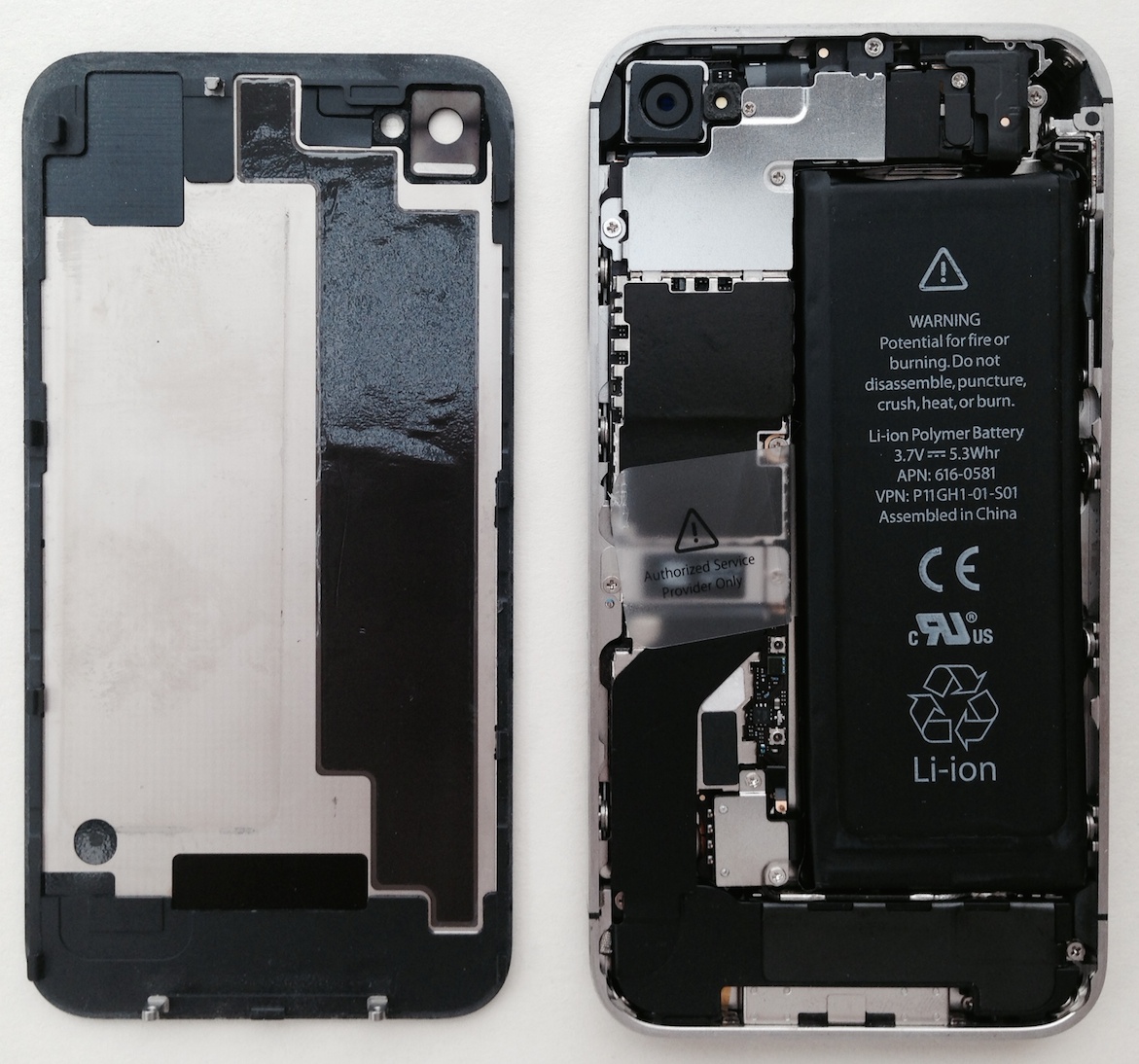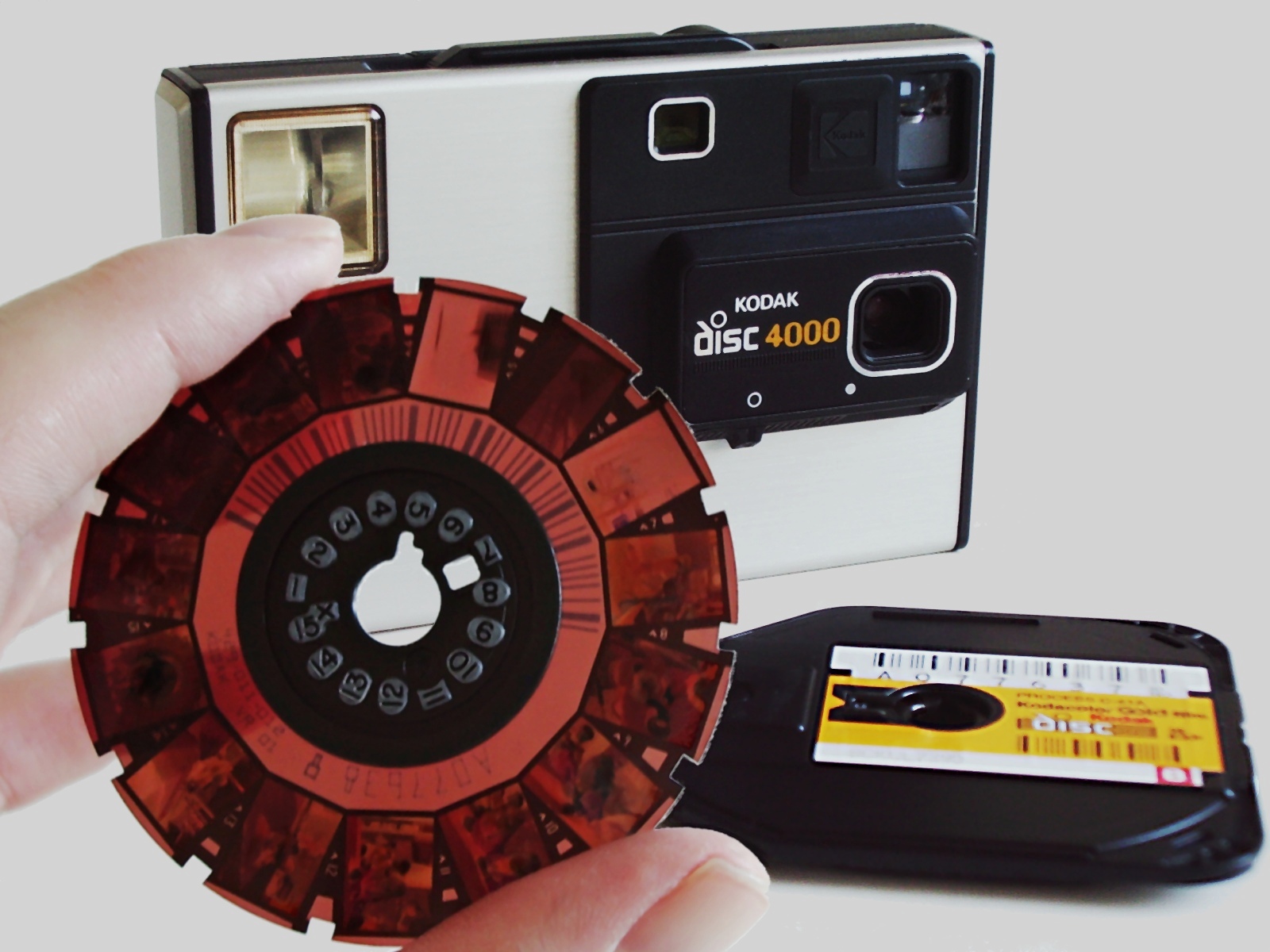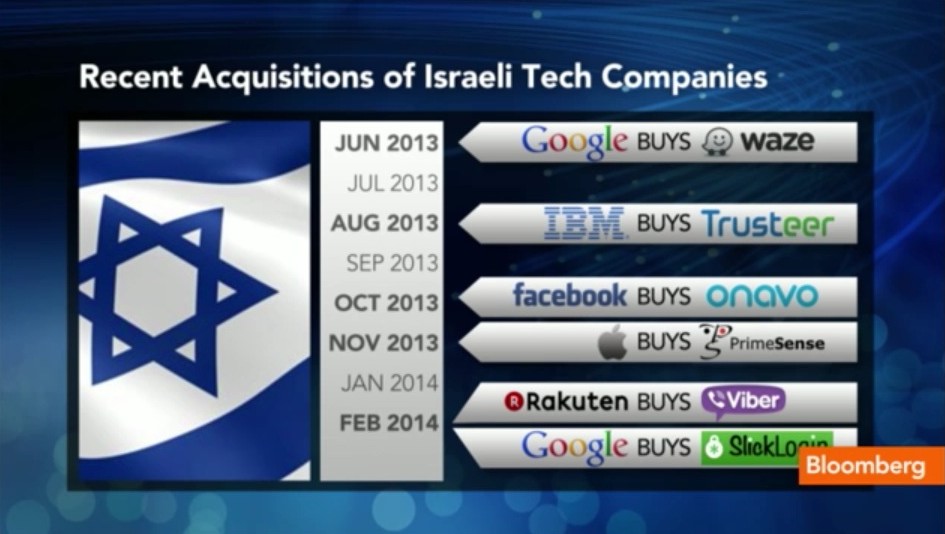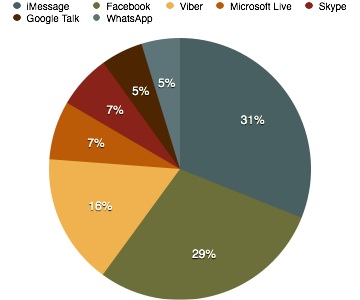How I would re-design the Kinesis Advantage keyboard
I'm a fan of the Kinesis Advantage keyboard, but it's definitely long-in-the-tooth these days. The keyboard's basic design reaches back over twenty years. The current USB version was introduced in 2002, and I don't think there have been any significant changes in the past twelve years. I've seen rumors of a re-vamped version, but nothing has been released. As you can tell from my previous posts, I believe there is a big difference between convenience features (such as wireless, backlit keys, etc.) and ergonomic features in keyboards. On the ergonomics side I don't think Kinesis needs to make many changes to what is a popular design. There are some changes that could be made, such as perhaps splitting the left and right sides, or making the keyboard more adjustable. On the convenience side, however, I think there are a lot of changes Kinesis could make to the keyboard. Here are my suggestions for the next generation of the Kinesis Advantage: Cut the cord When I originally wrote the heading above I was thinking wireless (see below) but the truth is, the one thing that has annoyed me the most over the years about the Advantage is that the USB cable…

